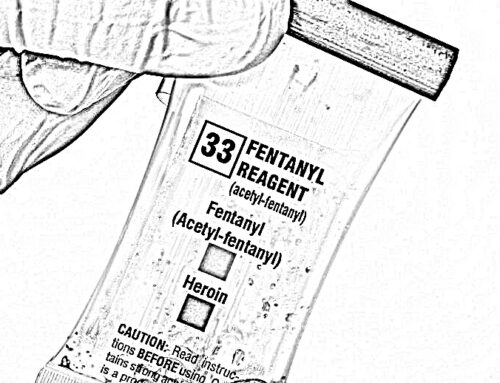Holding Prosecutors Accountable
In a thought-provoking article titled “How to Recenter the Role of Prosecutors Around Accountability and Fairness,” Sim Gill, a District Attorney serving a fourth term, addresses the ongoing debate between “reform” and “tough on crime” prosecutors. Gill argues that these two positions aren’t mutually exclusive and that prosecutors can advance their profession and create safer communities without compromising public safety by focusing on accountability and fairness.
Gill starts by discussing the varying definitions of justice, emphasizing that many Americans view justice as a combination of accountability and fairness. In a recent survey of crime victims, Gill found that most victims desire more than just arrests and imprisonment for offenders, hoping for rehabilitation and support to prevent future crimes. The article suggests that the debate between reformist and tough-on-crime prosecutors misses the larger point of the prosecutorial role in upholding accountability and fairness.
The author presents the Yale Law School’s Justice Collaboratory’s procedural justice framework as a solution to bridge the gap between these two prosecutorial stances. Based on four key components—neutrality, respect, voice, and trustworthiness—this framework has been shown to increase public trust and voluntary compliance. Gill explains how prosecutors can adopt these principles to create a more accountable and fair justice system.
Gill details how implementing the procedural justice framework can improve the prosecutorial process. Examples of recommended improvements include demonstrating respect to the accused and victims in the courtroom, providing transparency in decision-making and case timelines, training front desk staff to handle difficult interactions, and ensuring that policy is theory-driven and evidence-informed. The author emphasizes that by adopting this framework, prosecutors can achieve public safety and confidence.
The article argues that reforms are not only possible but more effective when implemented by a legitimate and trusted prosecutor’s office. Through the “elevating trust and legitimacy” framework, prosecutors can create programs that offer treatment instead of jail time, establish specialty courts for individuals with mental health and substance use disorders, and support crime victims and their families. These initiatives, Gill contends, will lead to safer, healthier communities without sacrificing the ultimate goals of fairness and accountability.
Sim Gill’s article highlights the importance of re-centering the role of prosecutors around accountability and fairness, arguing that this approach can bridge the divide between reformist and tough-on-crime stances. By adopting the procedural justice framework and its four key components, prosecutors can work toward creating a more just and effective system that benefits both victims and offenders, ultimately leading to safer communities for all.








